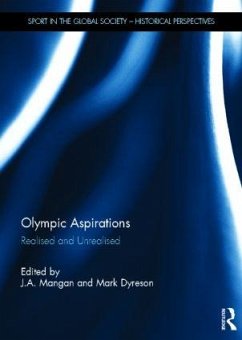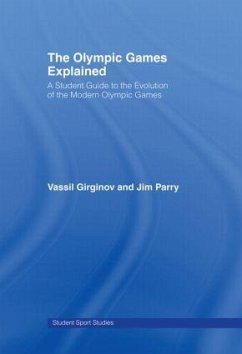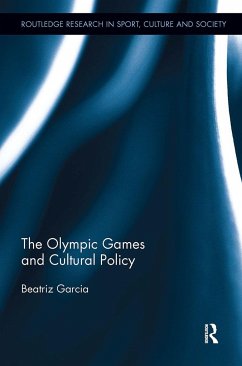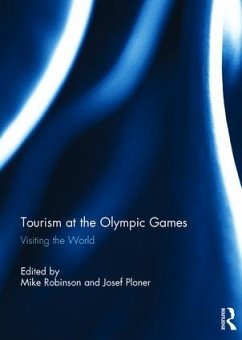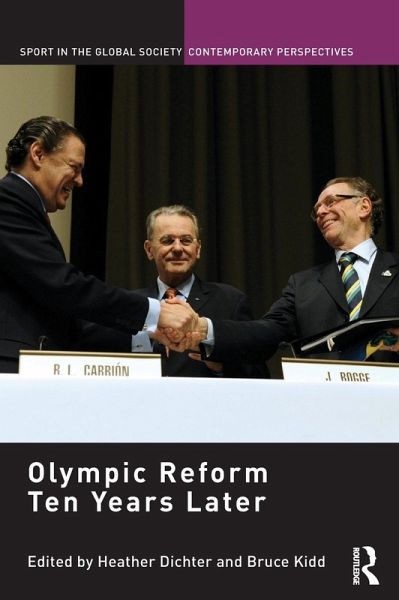
Olympic Reform Ten Years Later
Versandkostenfrei!
Versandfertig in 1-2 Wochen
209,99 €
inkl. MwSt.

PAYBACK Punkte
105 °P sammeln!
In 1999, the International Olympic Committee approved far-reaching reforms to the appointment and terms of its members, the selection of host cities for the Olympic and Winter Olympic Games, the events on the Olympic Program, and the reporting of decisions and financial information. The reforms were initiated in response to the deep crises of legitimacy it faced because of the Salt Lake City doping scandal and ongoing accusations that it turned a blind eye to doping. This book assesses the implementation and effectiveness of those reforms ten years after. It draws upon the perspectives of Olympic scholars, Olympic athletes, and IOC members, including those who were directly involved in the reform process, and makes a number of recommendations about how the process of Olympic reform could be maintained and strengthened. As such, it provides an insightful and telling report card on the modern Olympic Movement in the first decade of the 21st century, and the presidency of Jacques Rogge. This book was originally published as a special issue of Sport in Society.
This book assesses how the International Olympic Committee under President Jacques Rogge has tried to reform itself in the wake of the doping and bribing scandals of the 1990s, and how well the IOC meets the international standards for good governance and financial responsibility, transparency and accountability. This book was originally published as a special issue of Sport in Society.







